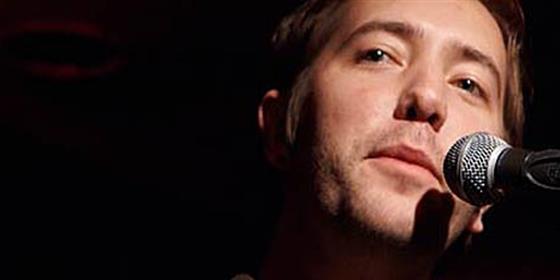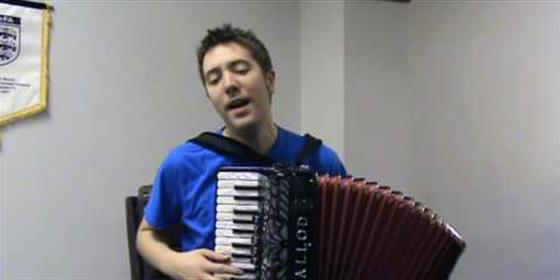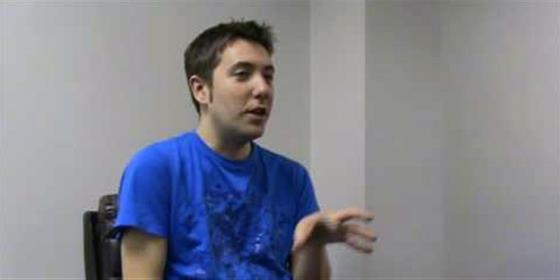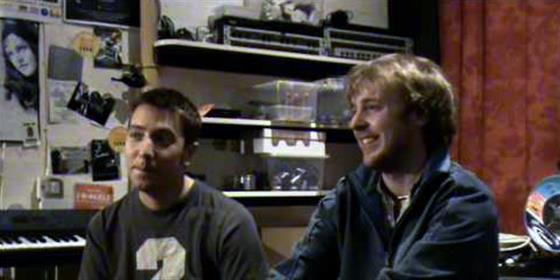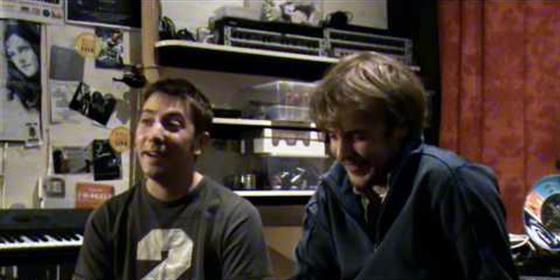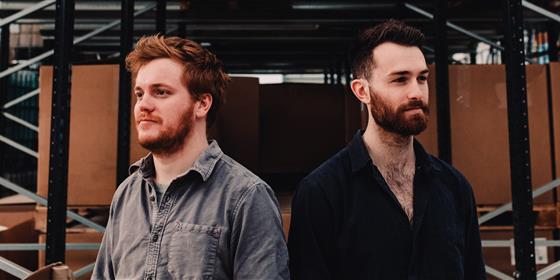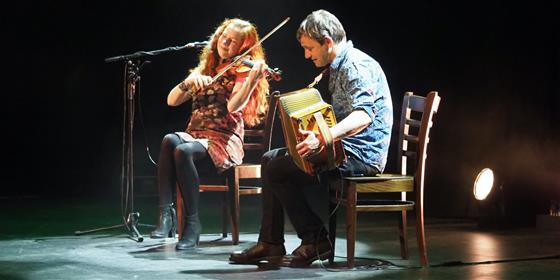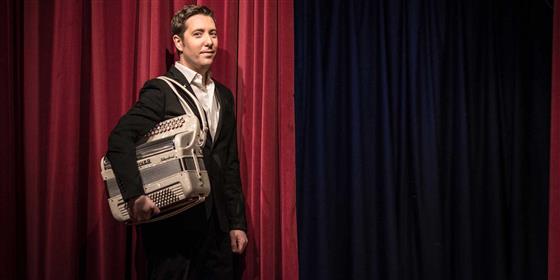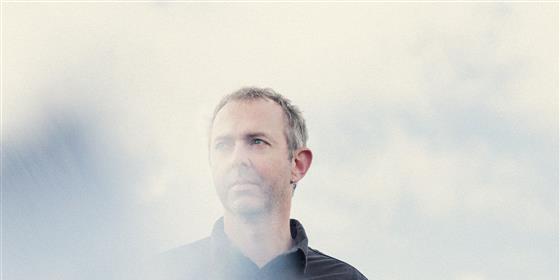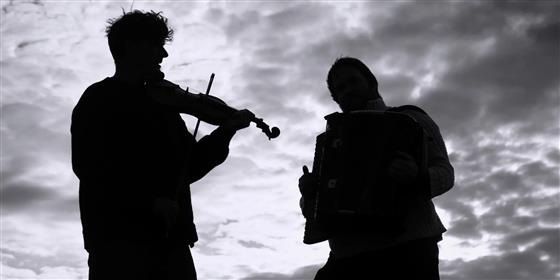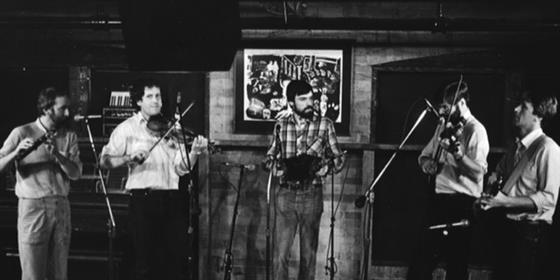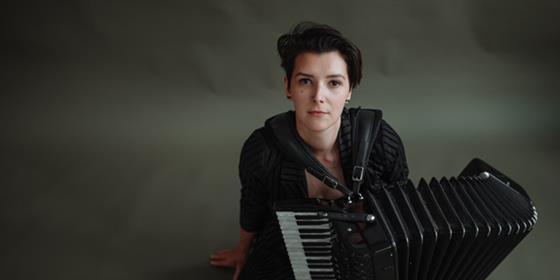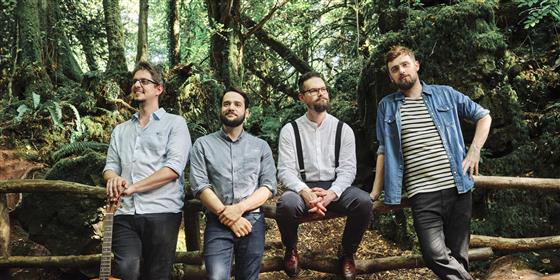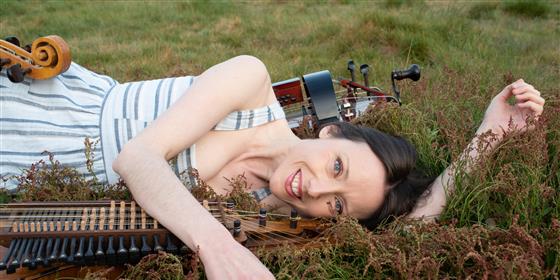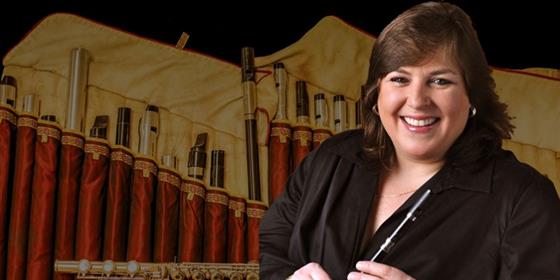Posted by Michele Mele 20 August 2023

Considered one of the best artists to have come out of the West Country folk scene in recent decades, pianist, accordionist and singer Jim Causley has enchanted many audiences around the world thanks to his storytelling talent, sensitive playing and encyclopaedic knowledge of Devon, its history and traditional music.
In his Devon trilogy, as well as in other works such as Forgotten Kingdom, a celebration of the heritage of independent Anglo-Saxon kingdom Dumnonia, and the more recent Songs of Dartmoor, commissioned by the local national park to celebrate the area’s beauty, history and unique heritage, he has gathered an impressive number of songs related to this beautiful corner of Britain.
His work can be described as musical guides to his native county; one can immediately notice this reading the titles of the songs he has collected, lyrics often mentioning historical cities and picturesque towns and villages such as Exeter, Chagford, Tavistock and Wydecombe.
He has been so kind as to answer a few questions for Bright Toung Folk readers.
What made you want to become a professional singer? And how did you get into singing traditional songs specifically?
I have always loved singing, right from a very young age and it never left me. I always remember being the only one in my school who was sad that there was no more singing in assembly when we moved up to secondary school! I am not gifted in an academic or brainy way but I have always had a love for music and singing and basically it was a choice between spending the rest of my life as a waiter or becoming self-employed!
I have a wide taste in many different genres of music but I would say it was a combination of hearing folk music and song at the local wassails, visiting Sidmouth and Dartmoor folk festivals, working as a steward at Exeter Phoenix Arts Centre as a teenager and getting to hear people like Eliza Carthy and Kate Rusby and then eventually joining a folk choir in Exeter that turned me on to traditional song.
Whilst studying for a National Diploma in jazz music I might add!

Who were the teachers and the artists that had the greatest influence on you?
My secondary school music teacher Mrs Chugg was wonderfully encouraging and my college lecturer Iorwerth Pugh had a huge impact on me and gave me a an excellent foundation for hearing and understanding music that has stood me in good stead for the rest of my life. Then at uni we were spoilt rotten with lecturers who were also well respected performers on the UK folk scene.
In your Devon trilogy and even in other works you have gathered a surprising number of lyrics from your native county. How do you choose songs from the archives? Does this selection influence your own creative process?
To put it very simply; I pick out the songs that I like! Obviously a song has to grab you for some reason or other, either lyrics or melody and hopefully both!
For some of my Devon-themed albums I chose songs that were lesser-known, local variants of songs which are well known nationally. And for other projects I selected songs that were specific to Devon and/or crystallised some aspect of Devonshire culture.
Traditional songs have definitely influenced my own creativity and song writing in a massive way. So much so that I have to make a concerted effort to avoid composing new songs in a trad style!

What do you think is unique and distinctive about the traditional musical culture of Devon?
I would break down the traditional music of Devon into several distinct chunks: there are the traditional songs collected by Baring-Gould, some of which are local variants of nationally known songs but some are unique to the county and have quite distinctive, modal melodies.
Then there is the instrumental dance music from the likes of Bob Cann from The Dartmoor Pixie Band and the Orchard Family. These jolly tunes have a very recognisable character which most English players would be able to spot as Devon tunes or a Devonshire style of playing.
And lastly there are the early 20th century dialect songs which are generally in a music hall style. All of these musics make up what we call the Devon folk tradition today which also includes newly composed songs and tunes which have been absorbed into the fold.
Many of the songs you perform are from times when life was very different. What is, in your opinion, their relevance to people living in Devon today?
I think it is universal that people gain enjoyment and cultural affirmation from hearing about their past and while the lifestyles of people one hundred or five hundred years ago are very different from the twenty-first century, I also believe there are common human experiences, love, loss, celebration, persecution etc which people can relate to from any age or time-period.
Would you like to tell us some of the experiences you have had touring Devon for your gigs and projects?
I’m always fascinated by different audiences reactions to the material. Of course it’s always easy to perform to a room full of folkies because they sing along well and understand the context of the songs but I find it particularly rewarding taking these Devon songs to real Devonians - non-folkies so to speak!
Whether that be in village halls, libraries, agricultural shows, WI’s or Young Farmers events. Apart from Widecombe Fair, a lot of people aren’t familiar with their own local songs so it’s a real joy to reacquaint people with them. Equally fascinating is when you visit a place where there are very few locals living and the local references or even the interest in the subject is just not there at all! I did one gig in Braunton and no one in the audience had heard of Baring-Gould which is rare - there’s usually at least a few - and not one of them sang along to the chorus of Widecombe Fair - it was really weird!
Are there some special places, villages, streets, buildings or even particular scenic spots, in which you usually feel inspired?
There are loads of places around Devon I love visiting, I love travelling throughout the rest of Briatina and beyond but I also find great joy in driving around my home county - which is quite large as English counties go - and seeing new sights as well as revisiting places I love. I love Dartmoor where I now live, but I have a special place in my heart for the area of East Devon where I grew up and it always feel like coming home when I go there.
I love wiggling through Devon lanes and I love our towns and cities as much as the coast and countryside. There is something uniquely thrilling about sitting on top of one of the high tors of Dartmoor, it feels like I’m on top of the world - or my world at least!

What are your plans for the future?
After doing so much with mostly traditional songs, I really want to focus more on my own song-writing now. I have a new album I am currently working on which is due out next year which is a modern take on aspects contemporary rural life. It’s even going to be slightly political...
Another one of my projects is my duo with Devon folklorist Mark Norman who hosts the very popular folklore podcast. We are bringing out a new book of Dartmoor folklore which will feature a CD inside of newly composed songs about Dartmoor legends that do not currently have songs about them!
I also have a project with a Dutch friend of mine which is all about celebrating the links between the standing stones and megalithic monuments in Drethe and Devon, I’m very much looking forward to that one. More excuses to hop over the channel: yes please!
Also next year is the 100th anniversary of Baring-Gould’s death and so there will be some projects commemorating him during 2024 which I will undoubtedly be involved in.
(photos by Benjamin Borley)
See all of Bright Young Folk's text interviews.